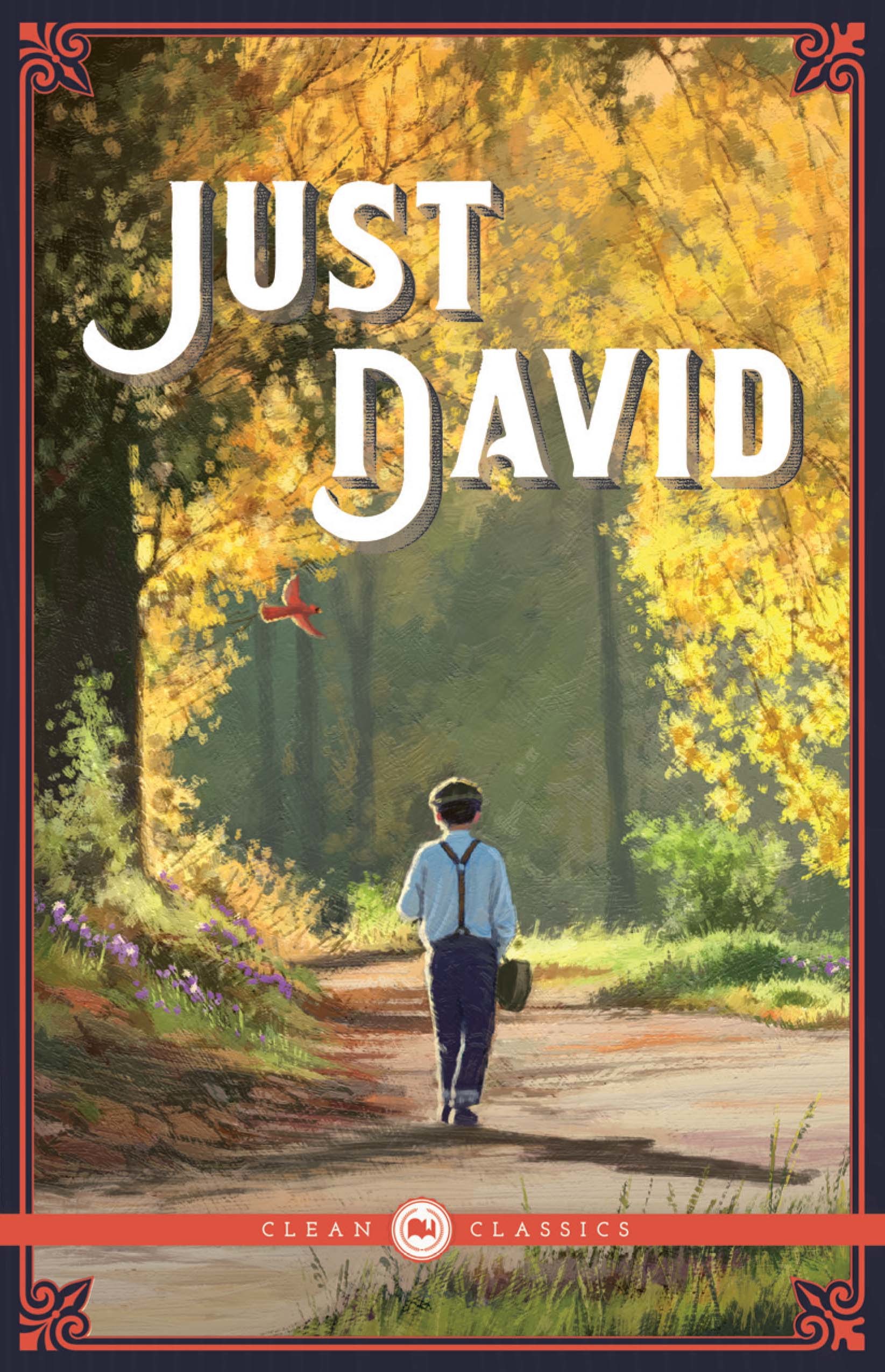Joe
byJoe is introduced as more than just another boy in the village—he becomes a mirror through which David begins to understand his own place in the world. During one of David’s wandering afternoons, his violin draws Joe to him, not through sight, but through sound alone. Joe’s blindness doesn’t keep him from connecting; in fact, it sharpens his perception of David’s emotions expressed through music. The encounter is pure and without pretense, allowing both boys to experience a rare, unfiltered bond. For David, who often struggles to communicate his feelings in a world that doesn’t quite understand him, Joe is a revelation. Their exchange is quiet yet profound, built on shared vulnerability. It opens a new space in David’s life, where his music finally feels not only heard, but truly understood.
The chapter deepens as David begins to spend more time with Joe and his family, seeing how hardship, when met with kindness, fosters strength. Joe’s mother, though weary, receives David warmly. Betty, Joe’s little sister, is cautious but curious, and their simple household becomes a quiet sanctuary where music offers peace. David’s desire to help takes root quickly. Without waiting for permission, he begins bringing food from the Holly home—initially just small bits of bread and jam tucked in his pocket. What begins as a child’s act of generosity soon turns into a routine. Though Mrs. Holly questions his behavior, she doesn’t stop him once she hears why. These moments are subtle reminders that compassion doesn’t need grand gestures; even a boy with nothing but a violin and a generous heart can change lives.
Joe’s hunger to learn music transforms David’s view of his own skills. He begins to teach Joe simple scales, showing him how to feel the vibrations of each note. For the first time, David sees that his music can be more than a source of personal joy—it can be shared, taught, and used to uplift others. This realization gives him direction. His loneliness, which once felt heavy and directionless, begins to lighten as he sees a purpose beyond his own grief. The boys’ sessions aren’t long or structured, but they’re meaningful. Each note played and listened to opens a path between them, one paved not with sight, but with understanding.
As David reflects on Joe’s courage and determination, he starts to question his own place in the village again. He sees how much good his music does and begins to wonder what other lives he might touch. Joe becomes a silent motivator, a friend who needs no explanation to understand what David tries to say. Their friendship isn’t about solving each other’s problems; it’s about being present and willing to walk beside one another, even when the road is hard. That companionship, rare and unspoken, shapes David’s understanding of his gift. The chapter ends not with dramatic revelation, but with a sense of quiet momentum. The seeds of belonging have been planted.
What sets this chapter apart is how it highlights the beauty of mutual giving. David, a boy grieving his past and searching for purpose, finds meaning in Joe’s resilience and openness. Joe, who lacks sight but not spirit, finds in David a companion who brings light through melody. Their friendship demonstrates that healing doesn’t always come from fixing what’s broken. Sometimes, it grows from sharing what still works—hope, kindness, and a willingness to listen. This quiet, powerful connection reminds readers that even in the simplest acts—teaching a note, sharing a slice of bread—there lies the power to change a life. In that shared space between a blind boy and a violinist with a broken past, a new chapter begins, one marked by empathy and the quiet promise of transformation.

